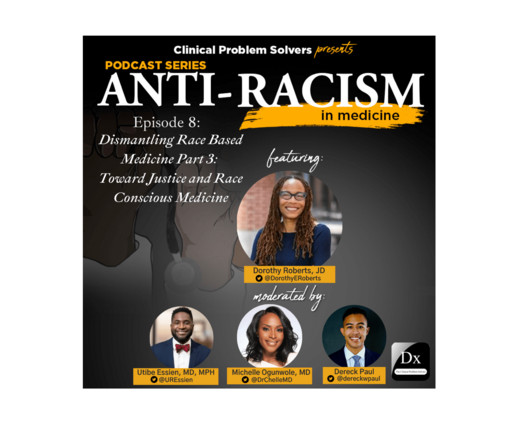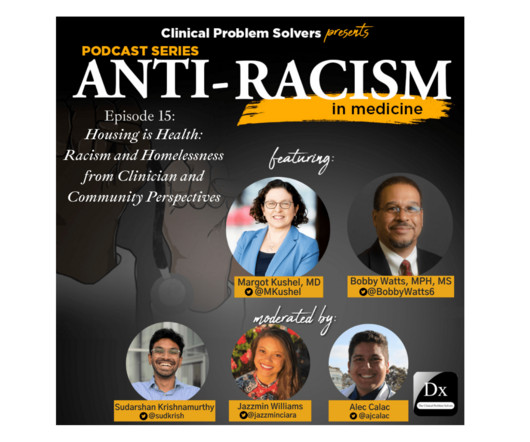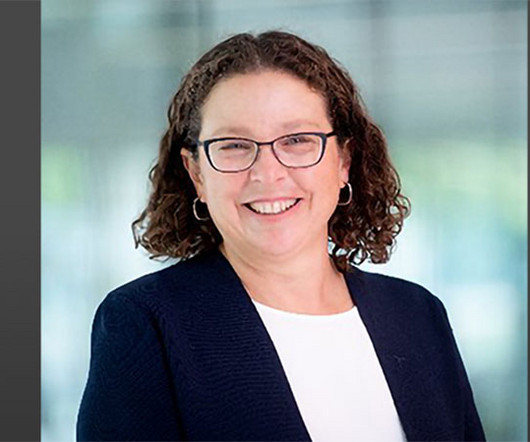Episode 176: Antiracism in Medicine Series – Episode 8 – Towards Justice and Race Conscious Medicine
The Clinical Problem Solvers
MAY 9, 2021
The answer to this question may not be easily answered and may not always be found in the clinical setting. Rather than searching for obscure explanations for inequalities, we must instead recognize the ways that racism impedes health at both individual and structural levels. For example, GFR- race correction for Black patients.













Let's personalize your content